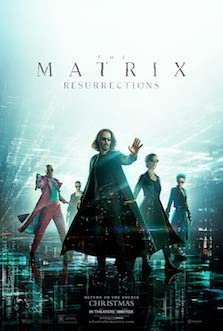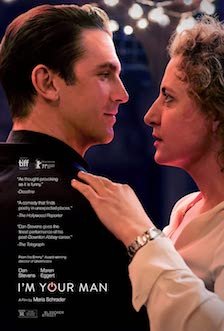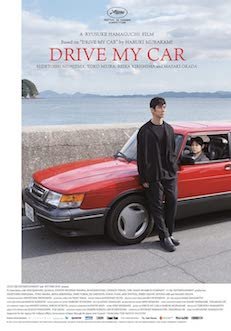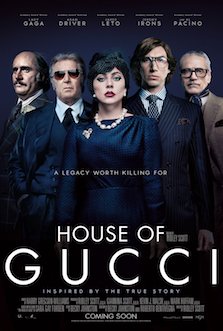Direction: Mike Mills
Country: USA
The 2020 Academy-award winning actor, Joaquin Phoenix (The Master, 2012; Her, 2013; Joker, 2020) stars in C’mon C’mon, a sensitive, hearty drama written and directed by Mike Mills, who continues in the humanist vein of his previous family-themed efforts, Beginners (2010) and 20th Century Women (2016). This time he shots in black-and-white, working from a well-crafted script, whose curveballs feel so naturally nuanced that sometimes we believe we’re seeing real life in direct.
The story follows a radio journalist, Johnny (Phoenix), who is interviewing young people across the country about what they expect from the future and the problems they see in America. His serene life changes significantly when he agrees to look after his peculiar 9-year-old nephew, Jessie (Woody Norman), in the absence of his mother, Viv (Gaby Hoffmann). Family wounds are revealed, and uncle and nephew, bonding in a strange yet liberating way, will find new perspectives to deal with their worries and problems.
All the process works thanks to a solid direction and the vibrant connection between Phoenix, who demonstrates a total understanding of his character, and Norman, who surprises with fabulous acting skills. What makes this beautiful film so personal and endearing is the authenticity with which the scenes are built, nibbling around the edges of emotion with subtle touches.
Precise in its three-dimensional analysis, Mills tells something genuine and meaningful in a quiet heart-tugger made irresistible by naturalistic performances. Sensitive audiences won’t have difficulty remembering C’mon C’mon.








































